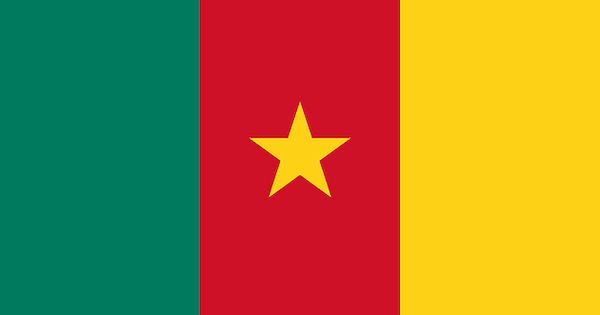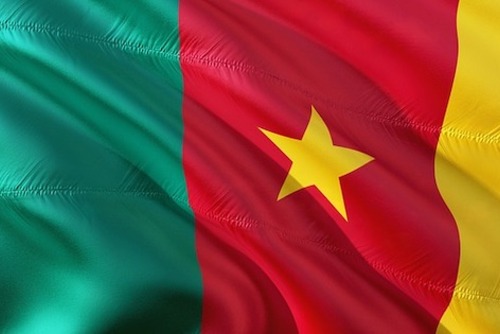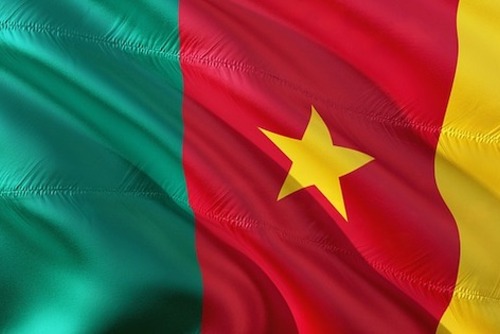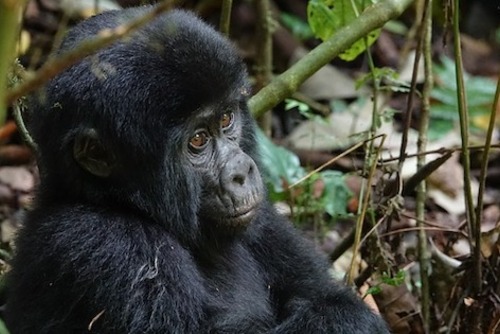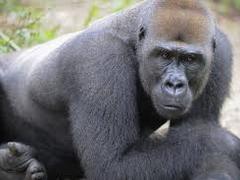Travel to Cameroon
Get inspiration for the best things to do if you would like to go travelling, backpacking, take a gap year or volunteer in Cameroon.
- Capital: Yaoundé
- Currency: Communaute Financiere Africaine franc (XAF)
- Country Size: 475,400 sq km
- Population: 19,000,000
- Language: English, French + local African languages
- Dailing Code: +237
- Religion: 40% Indigenous, 40% Christian, 20% Muslim
- Language: English, French, and 24 African languages
- Poverty Line: 74.8% live on less than $2/day
- Visa: You will need to apply for a visa in advance of departure and it's a good idea to allow 1-3 months for processing time. If you are from the UK, you will need to visit the Cameroon Embassy in London to complete your application. If you live outside of the UK you will need to check online on your local Cameroon Embassy website to see what you need to do
- Health: Yellow fever (and proof of vaccination) is required. Contact your local health clinic or family doctor for any medical advice. Malaria medication is recommended
History of Cameroon
In 1472 Portuguese explorers invaded Cameroon by sailing up the Wouri River, subsequently labelling it Rio dos Camarones (River of Prawns). Later, the Fulani tribe came over from Nigeria, dislocating many indigenous peoples southwards. The migration of the Fulani peoples continued with greater urgency as Dutch, Portuguese and British slave-traders sought to capture them.
Colonial exploitation traded hands briefly in 1884 from British to German rule; after the First World War the German protectorate was divided between France and Great Britain. Local revolts were repressed in the 1950's as French-controlled Cameroonians expressed discontent about colonial rule, this sentiment was widespread in Africa at the time and the Independence of Cameroon soon came in 1960.
Top Reasons to Visit Cameroon
- See exotic wildlife
- Enjoy the warm hospitality of the local people
- You can hike Mount Cameroon, or Mongo ma Ndemi (Mountain of Greatness), one of Africa’s largest volcanoes rising over 4000 metres above see level
- Great value for money
- Authentic experiences
Weather & Best Time to Visit Cameroon
Cameroon tends to be hot year round, though there is great variation depending on location in Cameroon. In the North it is wet from April to September. In the South there is heavy rain from June to October.
Top Things to See & Do in Cameroon
- Ring Road (Savannah: Be sure to ask permission from the chief before entering, bring along a small gift, a bottle of whisky is customary.)
- Mt. Cameroon (Highest peak in Western Africa, an active volcano, it overlooks the Bight of Bonny, also known as the Bight of Bifra, a large bay where the Gulf of Guinea and the Atlantic Ocean meet, as well as a neighbouring island of Equatorial Guinea.
- Limbe (Anglophone town with many beaches, an ethical wildlife centre, and botanic gardens).
- Safari Animals: Elephants, Chimps, Gorillas, Rhinos, Hippos, Cheetahs.
Travelling & Backpacking in Cameroon
With One World 365 you can search tailor made authentic small group travel packages to Cameroon, this is a country to visit if you are looking for the authentic African experience. Most people choose to visit Cameroon due to the wildlife and nature - there are packages available to join where you get close and see animals like monkeys, gorillas and chimpanzees in their natural habitat and at wildlife sanctuaries.
You will get to discover a contagious joie de vivre among the flare of the two official languages, French and English, as well as the 24 major native languages and hundreds of dialects that echo throughout the country. Hear the tribal music, witness local artisans carving masks, and sample one of many regional delicacies. Enjoy the local culture as Cameroonians share it with you.
Cameroon Travel Tips
Health & Safety:
This country has been a very safe destination, there is a stable government and you shouldn't encounter any problems with crime when visiting. Local people are more likely to be fascinated by you rather than pose a threat. It is recommended you take a mosquito net, bed sheet and a sleeping bag. Please note due to the recent ebola outbreak this situation might change rapidly and you will need to check latest information before departing
Food:
The corn, rice, yams, potatoes, and plantains are the local staples. There are also many fresh vegetables like carrots, avocados, onions, hot peppers, tomatoes, and okra, as well as a variety of edible leaves that locals use to make sauces. Soups with fish or meat are common. Baguettes are common
Public Transport:
Shared taxis and moto-taxis are everywhere. We recommend taking shared taxis as they are safer. Moto-taxis are small motorbikes which take passengers around the country quickly.
Money / Budget:
Before departing give the dates of travel and destinations to prevent security blocks on your bank and credit cards. Always take enough cash to cover your expenses for the first week in case there is a problem with your bank cards or access to ATM’s is limited. It is a good idea to have at least two different credit/debit card options i.e. MasterCard, Visa, Maestro, or Cirrus. If at any time you have any problems in accessing money you can use Western Union transfer. Money can be sent from your home country and received in Cameroon the same day.
Cameroon Gap Year
On a gap year in Cameroon you could join an organised trip, apply for work experience / internship programs or help wildlife. We list options for students, graduates, career breaks and if you would like to experience Cameroon doing more than being just a tourist. Read on for more information below or to arrange a dream gap year in this Western African destination by searching our featured opportunities above.

